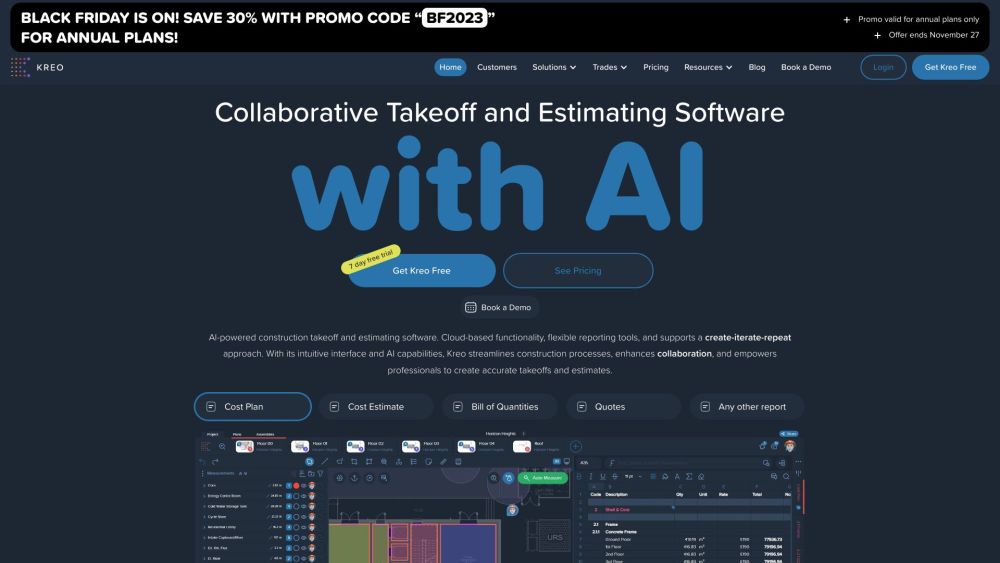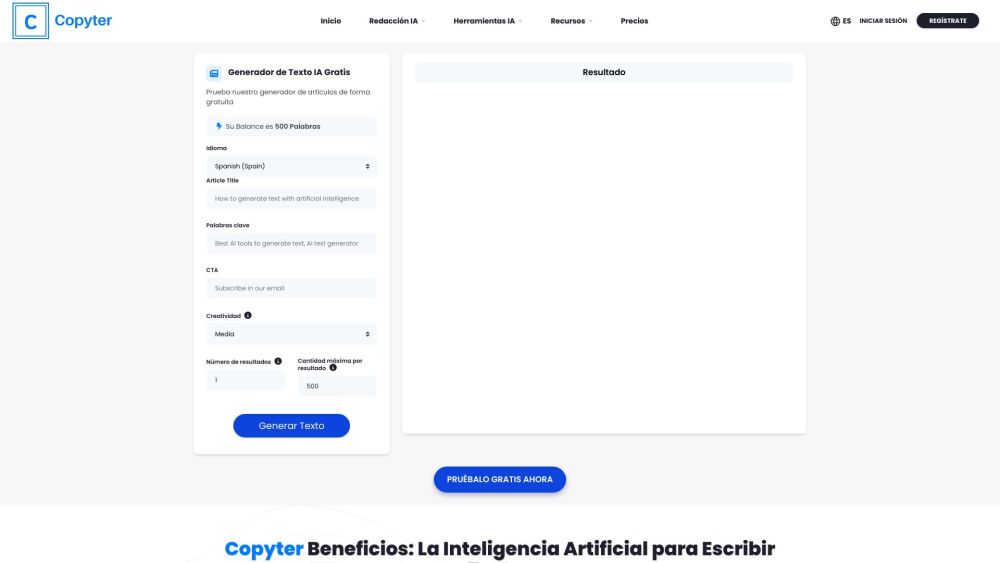Generative AI: Transforming Marketing and the Role of Marketers
Experts from various sectors, including executives, vendors, agencies, and consultants, agree that generative AI is fundamentally reshaping marketing.
The primary objective of marketing—identifying and engaging customers through data analysis and content creation—has made it a prime candidate for disruption by generative AI tools. Since the launch of ChatGPT in November 2022, numerous generative AI applications have emerged in marketing, such as Jasper, Writer, Copy.ai, Notion for copywriting, and DALL-E 3, Midjourney, Runway Gen-2, Synthesia, Canva, and Adobe Firefly for visual content.
Alex Baxter, managing director and partner at BCG X New York, describes generative AI's impact on marketing as “transformative,” altering core marketing functions over the past year and redefining the role of marketers.
Josh Campo, CEO of Razorfish, echoes this sentiment, stating that generative AI is ushering in an unprecedented technological era that addresses many challenges faced by marketers. May Habib, CEO of Writer, emphasizes that while generative AI may seem overwhelming, it represents a paradigm shift akin to the advent of the Internet, redefining how marketing creates and distributes ideas.
The marketing industry has navigated significant changes before, notably with the rise of digital marketing in the early 2000s, which shifted brand engagements from traditional print to digital platforms. Baxter notes that the emergence of generative AI marks another evolutionary change, presenting new opportunities, enhancing productivity, and introducing risks.
From Creativity to Data-Driven Marketing
The era of Mad Men-style creativity in marketing has faded. The advent of digital transformation has made marketing significantly more data-driven, particularly in B2B contexts. Kelsey Havens, head of marketing at Upbound, describes the current landscape, where high-performance B2B marketers create detailed targeting segments and complex reporting structures while seeking to maintain creative thought amidst increasing demands.
Havens expresses hope that AI will alleviate repetitive tasks, allowing marketers to refocus on creativity and strategy. Jonathan Moran, head of MarTech Solutions Marketing at SAS, highlights how generative AI can streamline workflows, enabling simultaneous design processes and quicker go-to-market strategies.
The Evolution of AI in Marketing
Marketers have a history of leveraging various forms of AI since the mid-2010s, employing tools like natural language processing for chatbots and sentiment analysis applications. Moran notes that while generative AI offers significant advancements, it is one of many technologies that enhance customer experiences.
Emily Singer, head of marketing at Drift, points out that AI has become more accessible, akin to the evolution of personal computing, making it a critical factor in marketing success.
Shift in CMO Responsibilities
A recent survey by BCG revealed that around 70% of surveyed CMOs are already using generative AI. This presents CMOs with the opportunity to lead innovation beyond just marketing initiatives. According to Singer, many CMOs now oversee AI strategy, emphasizing the importance of AI proficiency to effectively integrate AI across their organizations.
Gradual Transformation Ahead
Despite widespread generative AI engagement, a SOCi survey indicated that many marketers feel overwhelmed by rapid AI developments and have yet to experience impactful results. Monica Ho, CMO of SOCi, notes that marketers often succumb to FOMO (fear of missing out), underestimating the time required for meaningful integration.
To leverage the full potential of generative AI, marketers must consider data and tool consolidation strategies, as AI is most effective with comprehensive datasets. Campo underscores the necessity for brands to establish robust data ecosystems for improved consumer insights.
Impact on the Marketing Workforce
As generative AI continues to evolve marketing practices, the roles within marketing teams are also expected to adapt. Ho remarks that while AI hasn't significantly eliminated jobs, it will transform job functions, requiring marketers to pivot towards editing rather than content creation in some scenarios.
Singer emphasizes that the real impact of AI will be felt in the types of jobs created, enabling marketers to focus more on strategy and efficiency rather than mundane tasks.
Focus on Governance and Compliance
Lastly, as generative AI adoption grows, governance and compliance remain top concerns for CMOs. Moran warns that improper use could lead to severe penalties, highlighting the importance of establishing strict protocols and approval processes to mitigate risks associated with AI implementation.
Embracing this transformative shift requires not just innovation but a commitment to responsible AI usage within the marketing landscape.




